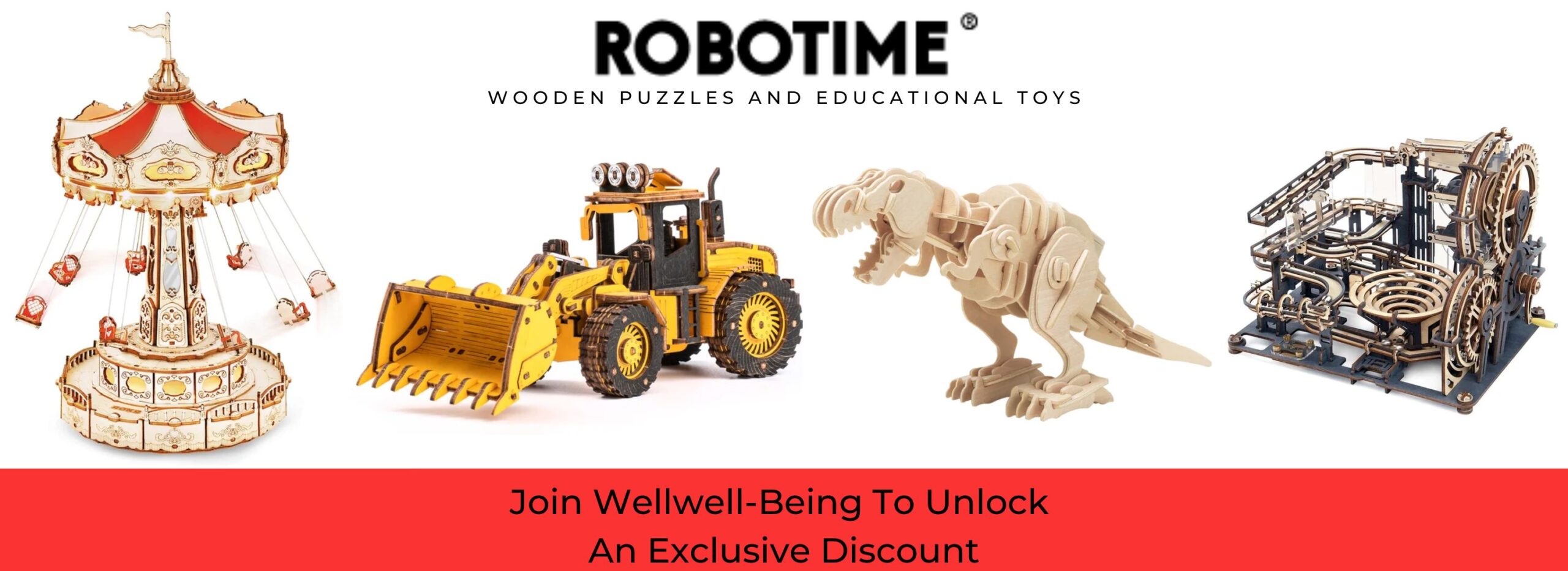By John Salak –
Memory loss in its most common form impacts tens of millions of older Americans every year. In fact, one estimate claims that 40 percent of U.S. adults 65 and old suffer from some form of impaired memory. Even worse, there are perhaps at least six million more adults who have been hit with the dreaded Alzheimer’s Disease, according to the Alzheimer’s Association.
These numbers are both humbling and frightening for the growing population of older Americans.
Researchers from Columbia University and Duke University, however, have just delivered some positive news, at least for older adults suffering from mild cognitive problems. In perhaps the first study of its kind, they report that crossword puzzles can help improve memory loss. It is even more effective than playing video games, which some research has already shown to fight cognitive impairment.
In a randomized, controlled trial, the researchers determined that participants—average age 71—trained in doing web-based crossword puzzles demonstrated greater cognitive improvement than those who were trained in cognitive video games.
“This is the first study to document both short-term and longer-term benefits for home-based crossword puzzle training compared to another intervention,” reported Dr. D.P. Devanand, who oversees brain aging and mental health research at Columbia. “The results are important in light of the difficulty in showing improvement with interventions in mild cognitive impairment.”
While the researchers noted that crossword puzzles have been widely used by people suffering from memory loss, the process has not been studied systematically regarding mild cognitive impairment, which is associated with a high risk for dementia, including Alzheimer’s disease.
Columbia and Duke attacked the issue by randomly assigning 107 participants with mild cognitive impairment (MCI) at the two different sites to either crossword puzzle training or cognitive games training. This included intensive training for 12 weeks followed by booster sessions for up to 78 weeks.
Those working with crossword puzzles clearly achieved better results. Crossword puzzles were superior on the FAQ, a measure of daily functioning, at 12 and 78 weeks. Brain shrinkage as measured with MRI was also less for crossword puzzles at 78 weeks compared to video games.
“The benefits were seen not only in cognition but also in daily activities with indications of brain shrinkage on an MRI that suggests that the effects are clinically meaningful,” Devanand said.
The study also highlighted the importance of engagement. Based on remote electronic monitoring of computer use, the research team noted that participants at a later stage of impairment may have better engaged with the more familiar crossword puzzles than with computerized cognitive games.
Regardless, crossword puzzles are probably more than simply engaging and entertaining. They may help repair memory loss.













